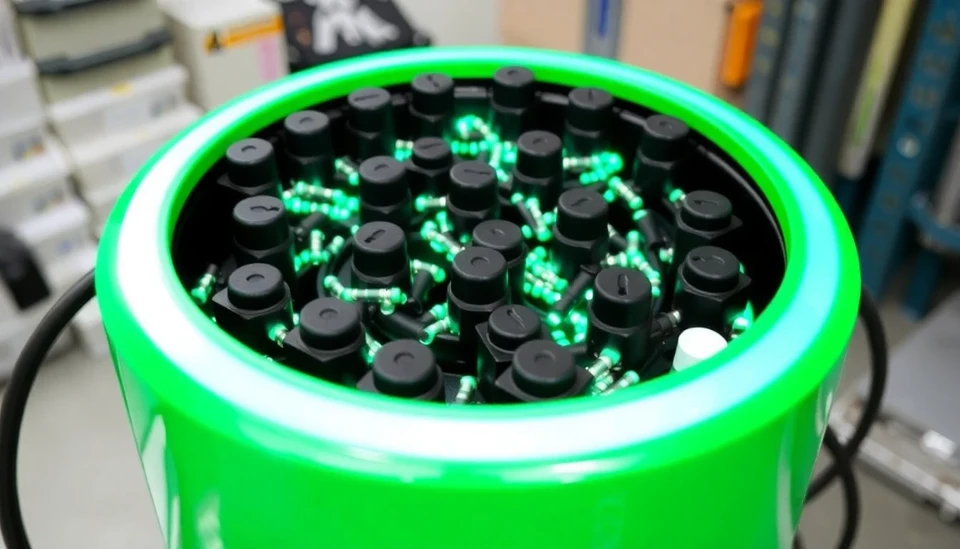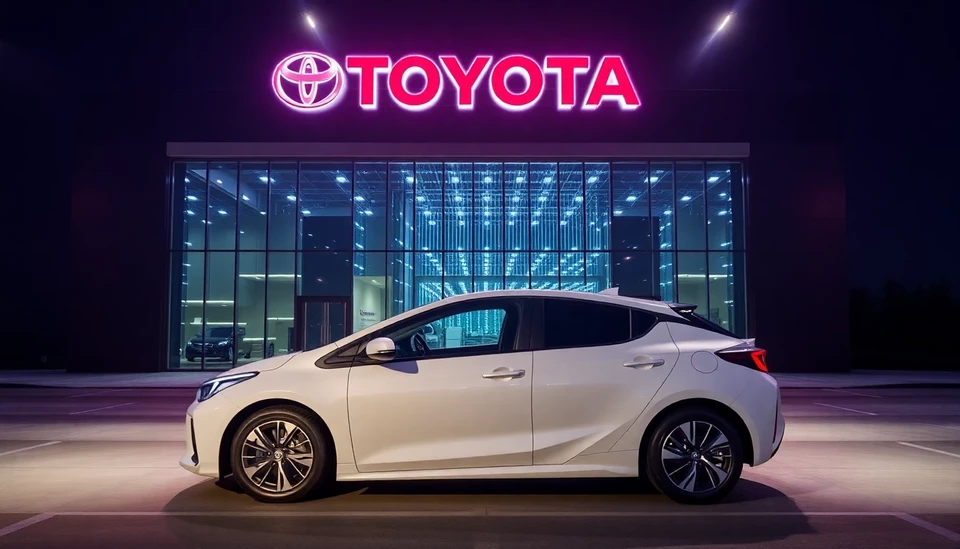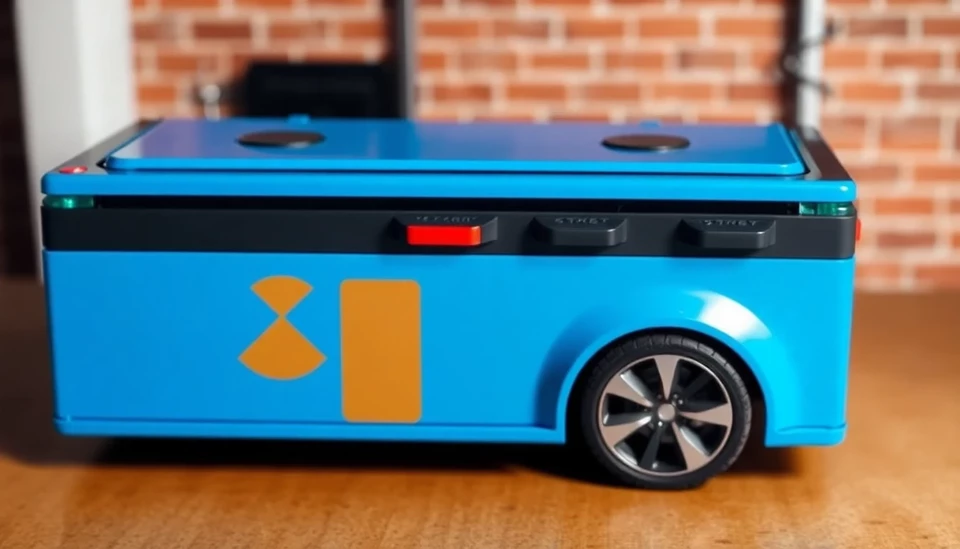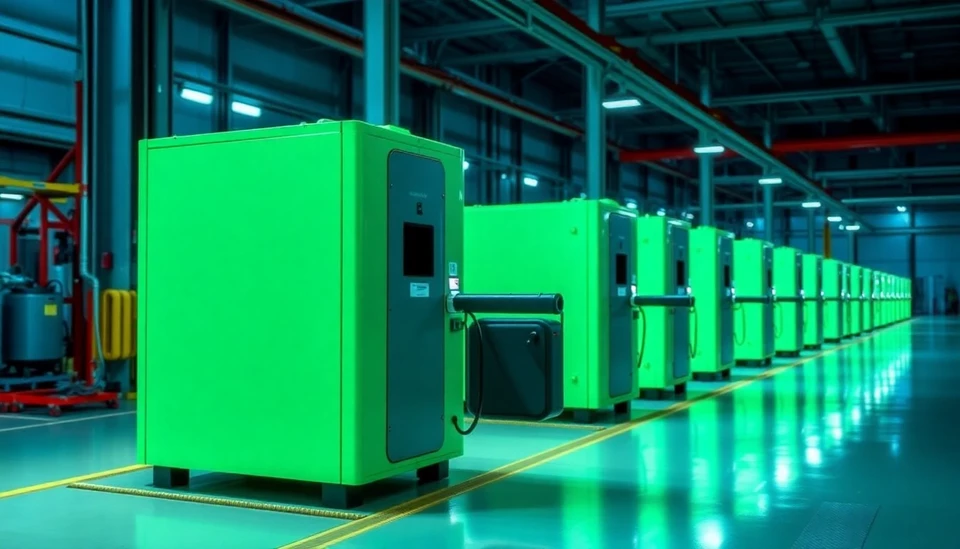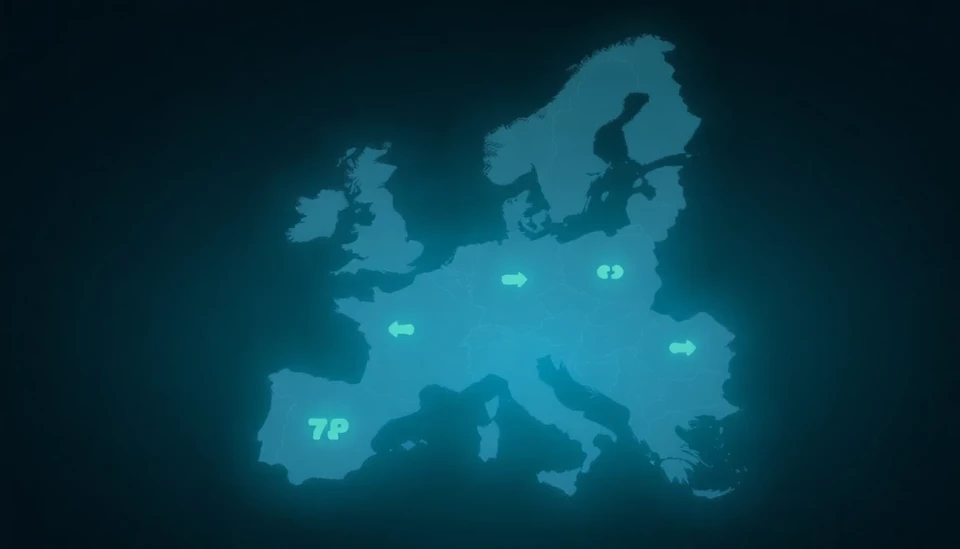
In a landscape where electric vehicles (EVs) are becoming increasingly pivotal to the automotive industry, Europe found itself on the brink of a significant transformation. The region had high hopes for its EV battery production sector, believing it could rival established players in Asia and the United States. However, recent developments indicate that this ambition is faltering, raising important questions about the feasibility and strategy of Europe's green transition.
As part of its strategy to reduce reliance on imported batteries and bolster its own manufacturing capabilities, Europe invested heavily in various battery plant projects. Over the past few years, governments and private investors have committed billions to the establishment of gigafactories, aimed at scaling up production to meet the demand for electric vehicles. However, despite the optimistic outlook, several key challenges have surfaced, revealing cracks in Europe’s ambitious plans.
One of the primary issues contributing to the slowdown is the struggle to balance production costs with the need for sustainable development. European manufacturers are grappling with high energy prices, supply chain constraints, and regulatory hurdles that have made it difficult for them to keep operations economically viable. As a result, several major projects have either been delayed or scaled back, dampening investor enthusiasm.
Moreover, the competition landscape has shifted significantly. With manufacturers in Asia, particularly China, continuing to dominate the global EV battery market, European companies face immense pressure to innovate and reduce costs. China's aggressive strategies in securing raw materials and economies of scale have outpaced European efforts, making it challenging for the continent's producers to carve out a significant share of the market.
The historical reliance on Asian suppliers for battery components has further compounded Europe's issues. Efforts to establish a localized supply chain for critical materials such as lithium and cobalt have not yet yielded the expected results, placing additional pressure on production timelines and costs. This dependency poses a risk, particularly as global supply chain disruptions continue to pose challenges, making it increasingly difficult for European battery manufacturers to maintain competitiveness.
Additionally, larger-than-expected regulatory barriers have emerged, complicating license applications and compliance protocols necessary for production expansions. The intensified scrutiny over environmental impact and labor practices, while essential for ensuring sustainable practices, has contributed to a slower rollout of new manufacturing facilities. Consequently, the optimism surrounding rapid growth in the EV battery sector is now being overshadowed by a sense of uncertainty and hesitation among stakeholders.
To regain momentum, European policymakers must focus on creating a more conducive environment for manufacturing through subsidies and incentives aimed at reducing operational costs for manufacturers. This initiative would not only support the growth of established players but also encourage new entrants to the market, fostering innovation and competition.
As Europe navigates this turbulent terrain, a reevaluation of its strategies to develop a robust EV battery sector is imperative. Whether through strengthening domestic raw material sourcing, fostering collaborations with technology innovators, or addressing regulatory challenges, the path forward must be strategically planned to ensure long-term viability. With the stakes high in the worldwide push towards greener technologies, Europe's next steps will be crucial in determining its position in the global automotive landscape.
As events unfold, the global EV community watches closely, hoping Europe can find its footing in the rapidly evolving industry. The future of European EV battery production hangs in the balance, requiring both innovation and government support to capitalize on the electric revolution.
#EVbatteries #Europe #ElectricVehicles #Sustainability #ManufacturingChallenges #AutomotiveIndustry #GreenTransition #Technology #SupplyChain #EnergyCosts
Author: Megan Clarke
